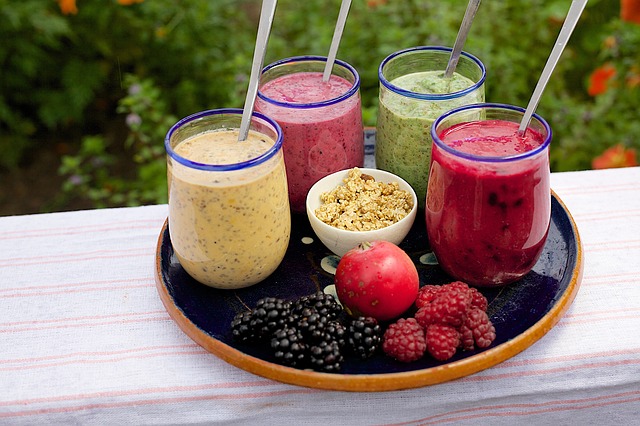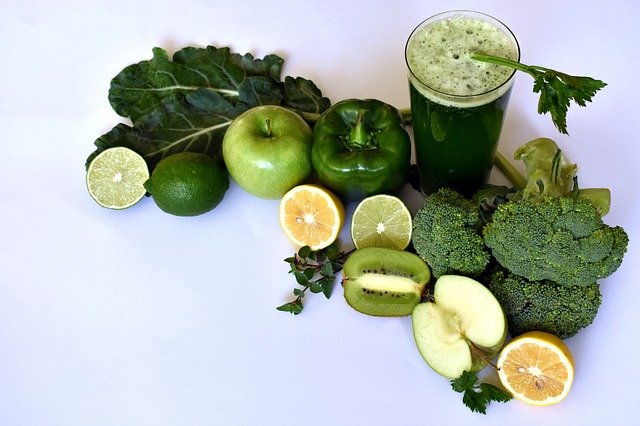You must have heard about organic foods, haven’t you? What do you know about it? Imagine if your spinach, broccoli, carrots, celery, apples, oranges, pears, and other fruits and vegetables on your table do not contain harmful chemical substances. A healthier body can be achieved by anybody following healthy eating habits.
According to the United States Department of Agriculture (USDA), organic food is produced by farmers to emphasize renewable resources and the conservation of soil and water to enhance environmental quality for future generations. This food is produced and processed without using any synthetic ingredients or chemical substances which can disrupt the balance of nature. Also, some food producers don’t even use genetically-modified seeds, plants or animals in their farms to grow crops or livestock. You may ask, so what? Well, while there is not sufficient information to conclude that genetic-modified foods do harm to the human body; its effects on the nature are mystery. How does disrupting genetic material of various organisms lead to any changes in native plants and animals is not certain and its long-term effects are unknown. Hence, some farmers don’t like to tinker with nature and prefer to work with traditionally-modified organisms rather than laboratory-created ones. It’s best to read food labels or inquire with food producers and manufacturers to find out source of their ingredients.

So what does organic foods mean to us and do you know what that is? Well, organic food production is better for our environment. Meanwhile, organic meat, eggs, poultry, and dairy products are produced by not using growth hormones and antibiotics. Hence, that’s supposed to be healthy and safe for your body. Consuming organic food is indeed an investment to a healthier life in the future. Making it a daily menu for the family is a healthful idea as well. At present time, there is not definitive evidence or facts that organic foods have better or have different nutritional profile that non-organic foods. However, organic foods eliminate many man-made chemicals used to grow foods, can taste better and fresher, and can prevent potential harm to pregnant women, the developing baby in uterus, and new-born babies and growing kids. Studies to know long-term effects of organic versus non-organic foods on human population are inconclusive and have not been conducted to differentiate between such types of foods. Nonetheless, if money is not an issue, going with organic foods would be safe and healthier to eat as part of healthy eating habit. One can make small, but gradual changes over time to have organic foods in one’s diet.

What is the standard of organic food? The USDA has established a set of national standard that “organic” labeled food must meet. One of them is the farm condition, whether it follows the rules necessary to meet the USDA organic standards. For instance, there must be no prohibited substance for 3 years on land. Certification to the companies that process or handle the organic food before it reaches local supermarkets or restaurants is also required.
How to tell if certain food is organic? See a label on the food package or watch for signs in the supermarket. Costly, yet healthy Unfortunately, you may find that organic food is rather more expensive from non-organic one. One of the reasons is organic food needs more farmers to handle the production as they weed, for example carrots and onions, by hand. So it’s clear than consuming organic food is not simply about eating. Again, it is a future asset. Not only is it beneficial for our environment but also for our health, our family’s health.

I truly appreciate your technique of writing a blog. I added it to my bookmark site list and will check back soon!
Thanks for the good article, I hope you continue to work as well.